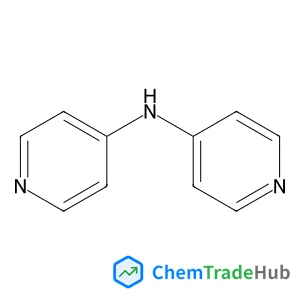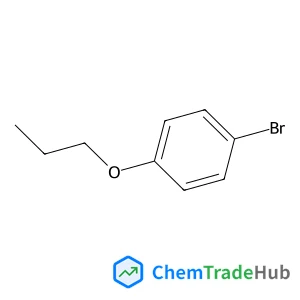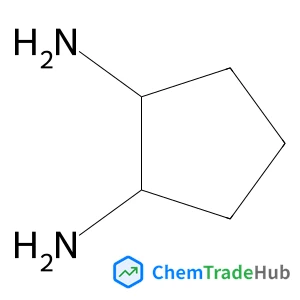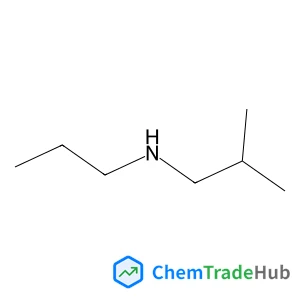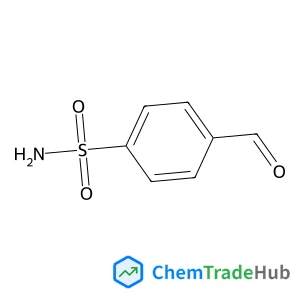Voltage-driven ion flux promotes emulsification at the water|oil interface
文献信息
Guillermo Colón-Quintana
Emulsions are critical across a vast range of industries. Generally, emulsion synthesis is a complicated chemical process, requiring many mixed-phase systems. Here, we demonstrate that the flux of ions across the oil|water interface induces emulsification. Ion flux is achieved by a voltage-driven process, where an anode and a cathode are placed in each phase. When a current density of 2 mA cm−2 is reached across the interface, emulsification occurs. We demonstrate that emulsification can be tuned to occur in both phases, depending on the ions present. Droplet sizes are on the order of hundreds of nm and are stable for over an hour even without purposefully added surfactant. We demonstrate qualitative control over droplet size and charge based on salt content, current densities, and polarity of the interface. The process is 1000 times less energetic than ultrasonication. Our results introduce a robust and low-energy means of nanodroplet dispersion without the use of more than two phases and complex phase-transfer agents.
相关文献
IF 6.222
A robust multifunctional ligand-controlled palladium-catalyzed carbonylation reaction in waterIF 6.222
Electrocatalytic cleavage of lignin model dimers using ruthenium supported on activated carbon clothIF 6.367
Heterogeneous toroidal spiral particles for islet encapsulationIF 6.843
Stabilizing synthetic DNA for long-term data storage with earth alkaline saltsIF 6.222
Surface structure-dependent electrocatalytic reduction of CO2 to C1 products on SnO2 catalystsIF 6.367
A new neodymium–phosphine compound for supercapacitors with long-term cycling stabilityIF 6.222
Facile room-temperature growth of nanostructured CuBi2O4 for selective electrochemical reforming and photoelectrochemical hydrogen evolution reactionsIF 6.367
A model-based comparison of Ru and Ni catalysts for the Sabatier reactionIF 6.367
Catalytic depolymerization of Kraft lignin to produce liquid fuels via Ni–Sn metal oxide catalystsIF 6.367
来源期刊
Materials Horizons
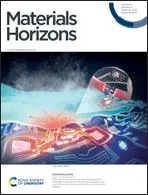
Materials Horizons is a leading journal for the publication of exceptionally high quality, innovative materials science.The journal places an emphasis on original research that demonstrates a new concept or a new way of thinking (a conceptual advance), rather than primarily reporting technological improvements. However, outstanding articles featuring truly breakthrough developments such as record performance of materials alone may also be published in the journal. For work to be published it must be of significant general interest to our community-spanning readership. All articles published in Materials Horizons from 2021 onwards will be indexed in MEDLINE©
推荐供应商
 泰普
泰普 江苏常隆化工有限公司
江苏常隆化工有限公司 艾尔沃德欧洲有限公司
艾尔沃德欧洲有限公司 昂得生化科技(上海)有限公司
昂得生化科技(上海)有限公司 Vulkan-Verlag GmbH
Vulkan-Verlag GmbH 湖南丰恩新材料科技有限公司
湖南丰恩新材料科技有限公司 北京环宇京辉京城气体科技有限公司
北京环宇京辉京城气体科技有限公司 北京金源化学集团有限公司
北京金源化学集团有限公司 吉林市林兴商贸有限公司
吉林市林兴商贸有限公司 淄博俱进化工有限公司
淄博俱进化工有限公司










